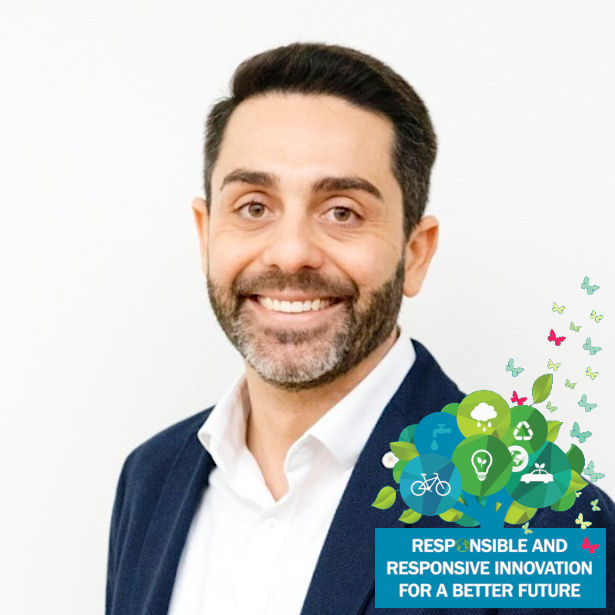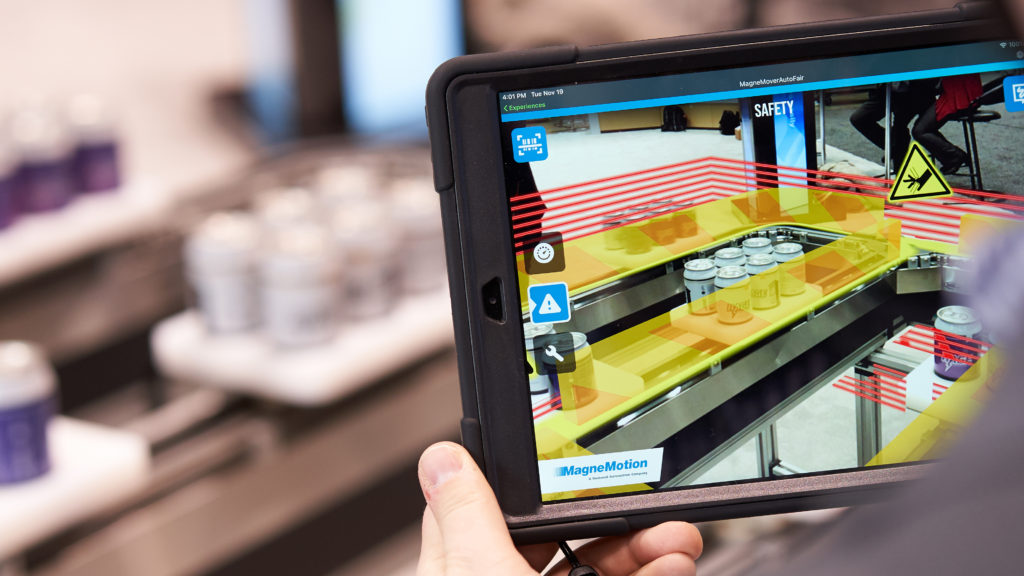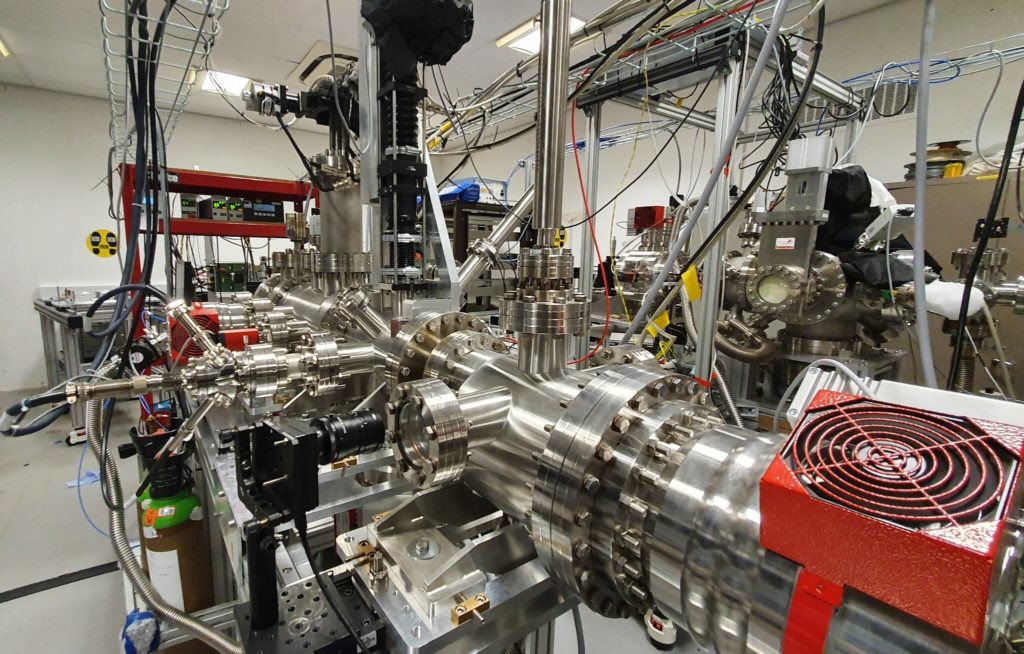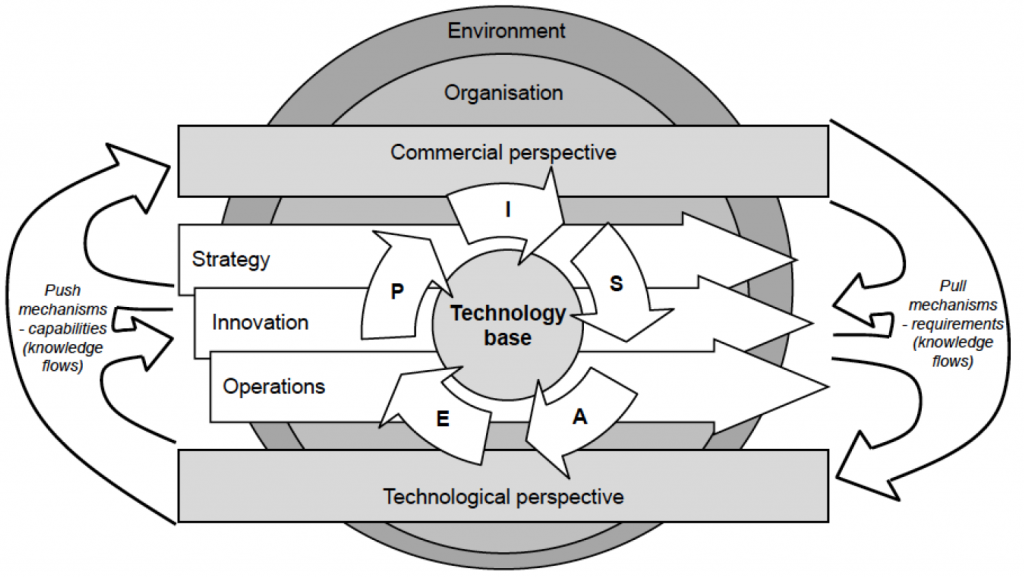Why corporate and startup collaborations are difficult
A combination of corporate experience with entrepreneurial energy can be a recipe for innovation success. However, collaborations between corporates and startups are complex as there are often widely varying, and at times conflicting, goals and expectations.
Corporate players may approach collaborations as a means to circumvent internal barriers to innovation (Weiblen and Chesbrough, 2015) and to explore new technologies. On the other side, startups are eager to use such relationships to accelerate their development or validate a market opportunity for their promising technology (Shankar and Shepherd, 2019).
Models and trade-offs
There are a number of models for corporate and startup collaboration (Moschner et al., 2019) ranging from the financially focused ‘Corporate Venture Capital’, to the innovation outcomes-oriented ‘Consortium Accelerator’. These models are evolving, and as more and more corporate players put their focus on exploring digital technologies, and on the generation of digital innovations, the Accelerator models have become more prevalent.
| Corporate Venture Capital | Corporate Incubation | Corporate Accelerator | Consortium Accelerator | |
| Reason “why” of the model | Do not miss out on a promising new venture | Explore the potential of an emerging technology | Explore multiple innovation options in parallel | Learn and share with ecosystem partners the future innovations |
| What creates the relationship? (benefit for the corporate) | Equity in exchange of financial investment
(financial control) |
Equity exchange and technology support
(technology control) |
Commitment to complete a pilot project & support for it
(innovation outcome) |
Commitment to complete a project (with one or multiple partners) & support for it
(innovation ecosystem outcome) |
Source: Adapted from Weiblen and Chesbrough (2015) and Moschner et al. (2019)
There are distinct trade-offs for each of the models.
The more traditional collaboration setups of Corporate Venture Capital or Corporate Incubation have an explicit contract-bind (including IP), long-term perspective, and are mostly motivated by future financial returns.
The Corporate and Consortium Accelerator have shorter duration and are organized like an innovation project. These are substantially more exposed to shifts in the prioritization of private and common goals of involved organizations.
While the Corporate and Consortium Accelerator models are quicker in generating results they are also more exposed to the tensions between the corporate (or consortium) goals and the needs of the startup (Shankar and Shepherd, 2019).
The case of Startup Autobahn
To answer the question of how to combine speed and results in the same collaboration model, we take a closer look at the case of Startup Autobahn, a consortium accelerator lead by Daimler.
Startup Autobahn recently celebrated a milestone of over 350 projects started between their corporate partners and more than 240 startups since its founding in 2016.
The consortium is organized as an Open Innovation Platform, with corporates such as Daimler, Porsche, T-Systems, Bosch, Hyundai, DXC Technology, ZF/Wabco or Motherson among others. The consortium selects, twice a year, promising startups that run pilot projects in collaboration with the corporates. The program is managed by Plug and Play Tech Center that leverages their experience from other accelerator programs around the globe.
As most accelerators do, Startup Autobahn has a clear thematic focus: the future of mobility and production. Startups working with a broad spectrum of technologies have been selected to work with the corporate partners of the consortium. A number of collaboration projects have had an emphasis on digital technologies – below are some examples from the last Expo event in September 2020.
Expo 2020
Examples of collaboration projects with an emphasis on digital technologies:
• Smart contracts for fleet operators – Daimler partnered up with four Blockchain startups: Ontology, Spherity, Riddle&Code and 51nodes to test an end-to-end smart contract solution for fleet operators and mobility service providers. This will allow for automated fleet and rental business transactions.
• Image analysis for vehicle damage – Bosch tested with Monk AI a new image analysis technology to evaluate vehicle damage. During the pilot they could explore how the technology responded to the demands of different environments where the image analysis algorithm is needed.
• Carbon neutral interiors – Daimler as well as Motherson worked with UBQ Materials to explore how carbon neutral parts can be produced for the car interior. UBQ Materials developed a new polymer compound that reuses household waste, the pilot involved testing its suitability and also exploring if it could also be used for exterior car parts.
• Improved speech recognition – Porsche and Hi Auto collaborated to develop what could be a better speech recognition system in cars. The startup proposed to use a deep learning algorithm (AI) to detect lip movements and clear the sound coming from the driver from background noise interferences.
The consortium accelerator keeps evolving into a full platform for open innovation.
In the upcoming Expo event (February 2021) the partners will showcase the results of their last half-year collaborations.
This time, the fully digital event, will use tools like Remo to support new digital exchanges and interactions among the participants.
It is true that digital technologies are not only changing the mobility industry, they are also digitizing the collaborations between corporate managers and ambitious entrepreneurs.
References
• Moschner, S.L., Fink, A.A., Kurpjuweit, S., Wagner, S.M., Herstatt, C. (2019) Toward a better understanding of corporate accelerator models. Business Horizons, 62, 637–647. https://doi.org/10.1016/j.bushor.2019.05.006
• Shankar, R.K., Shepherd, D.A. (2019) Accelerating strategic fit or venture emergence: Different paths adopted by corporate accelerators. Journal of Business Venturing, 34, 105886. https://doi.org/10.1016/j.jbusvent.2018.06.004
• Weiblen, T., Chesbrough, H.W. (2015) Engaging with Startups to Enhance Corporate Innovation. California Management Review, 57, 66–90. https://doi.org/10.1525/cmr.2015.57.2.66

![The Permeable Funnel [click to enlarge]](https://www.rndtoday.co.uk/wp-content/uploads/2017/05/Permeable-Funnel.jpg)













